1.2 billion People Live Without Clean Drinking Water? Nuclear Can Help
The U.N. and many other governments believe that water scarcity will be one of the defining issues of the 21st century. We live in a world with an increasingly unpredictable climate with both droughts and floods becoming the norm. In much of the developed world we've built dams and tapped aquifers to quench our thirst. Many of the people lacking access to freshwater live in the Middle East and Africa, regions facing continued population growth that can only exacerbate the issue. We must look for new ways to bring water to both the developed and developing world.

-3 2x1.jpg)
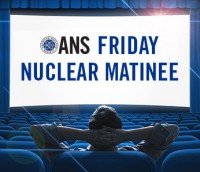

 I truly think people more or less value the environment; they just choose to show it in different ways. Someone in the city might be willing to pay to maintain the Alaskan Arctic, and have no interest in ever going on a hike, let alone visiting the Arctic. Someone else may be dead set against environmental regulation but spend much of their time in beautiful undeveloped places; hiking, fishing, or hunting. No matter what people's personal feelings are towards the environment, we all are dependent on it and need to find ways to agree on how to use the natural resources available.
I truly think people more or less value the environment; they just choose to show it in different ways. Someone in the city might be willing to pay to maintain the Alaskan Arctic, and have no interest in ever going on a hike, let alone visiting the Arctic. Someone else may be dead set against environmental regulation but spend much of their time in beautiful undeveloped places; hiking, fishing, or hunting. No matter what people's personal feelings are towards the environment, we all are dependent on it and need to find ways to agree on how to use the natural resources available.
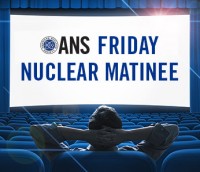
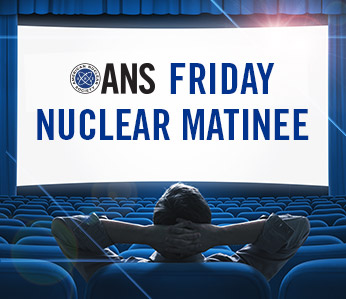
 Women's History Month is a time to reflect back on the contributions of women, and to look forward to their potential. In nuclear science, there is a rich history of female physicists and engineers contributing to our field along with their male counterparts. From the radium to radioimmunoassay to reactors, women have defied the odds to become leaders in all areas of nuclear science and engineering.
Women's History Month is a time to reflect back on the contributions of women, and to look forward to their potential. In nuclear science, there is a rich history of female physicists and engineers contributing to our field along with their male counterparts. From the radium to radioimmunoassay to reactors, women have defied the odds to become leaders in all areas of nuclear science and engineering.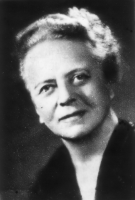
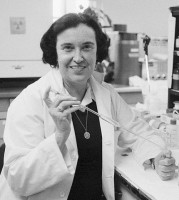
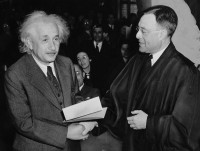 In February of 1950, a devoted follower of Albert Einstein wrote him a letter prompted by the death of his son. He questioned Einstein's belief that physical death cannot be transcended. His grief could only be overcome if Einstein were to endorse a theory wherein his love for his son would render the latter immortal [1]. Einstein wrote back to the grief-stricken father, grimly but pragmatically choosing to focus on nursing his mental health back to a more peaceful state, than on any theories about his son's death.
In February of 1950, a devoted follower of Albert Einstein wrote him a letter prompted by the death of his son. He questioned Einstein's belief that physical death cannot be transcended. His grief could only be overcome if Einstein were to endorse a theory wherein his love for his son would render the latter immortal [1]. Einstein wrote back to the grief-stricken father, grimly but pragmatically choosing to focus on nursing his mental health back to a more peaceful state, than on any theories about his son's death.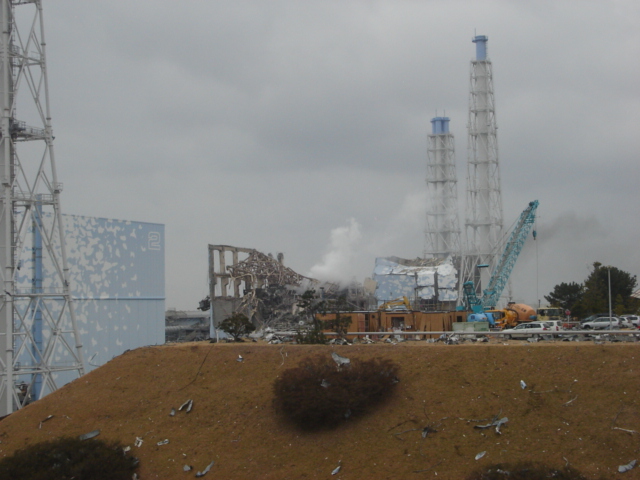 By Will Davis
By Will Davis